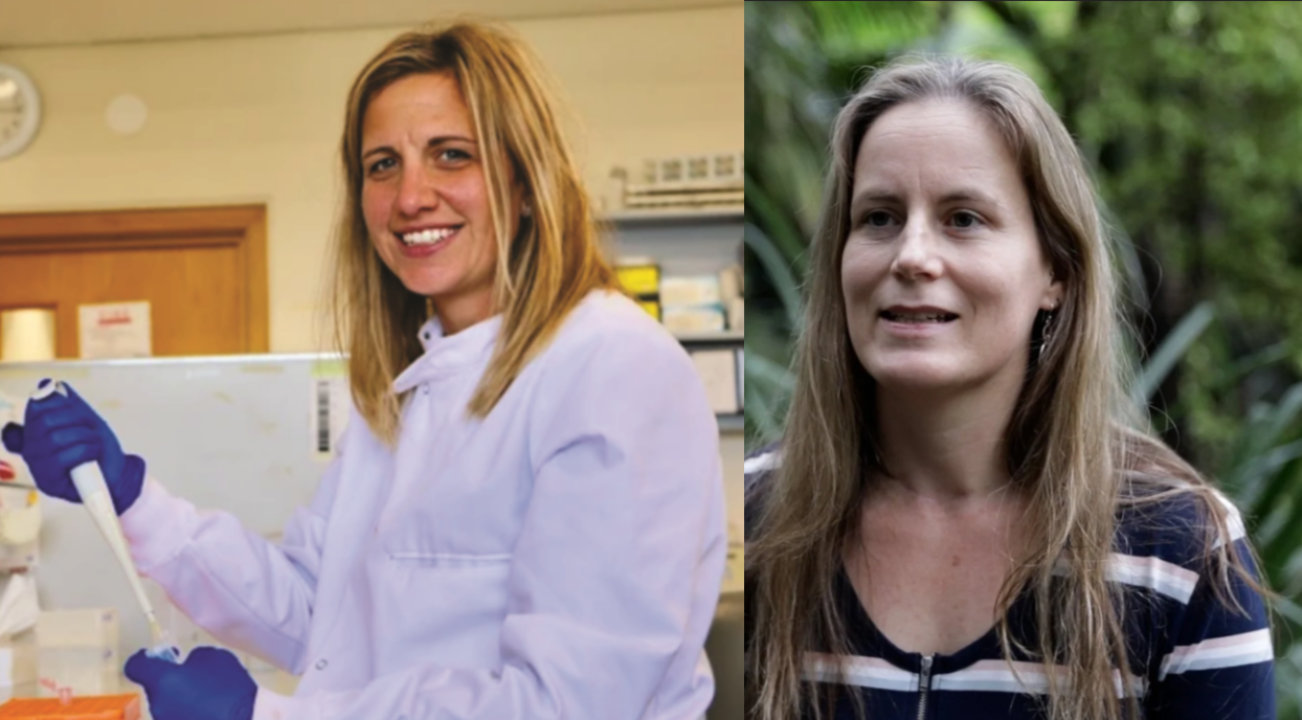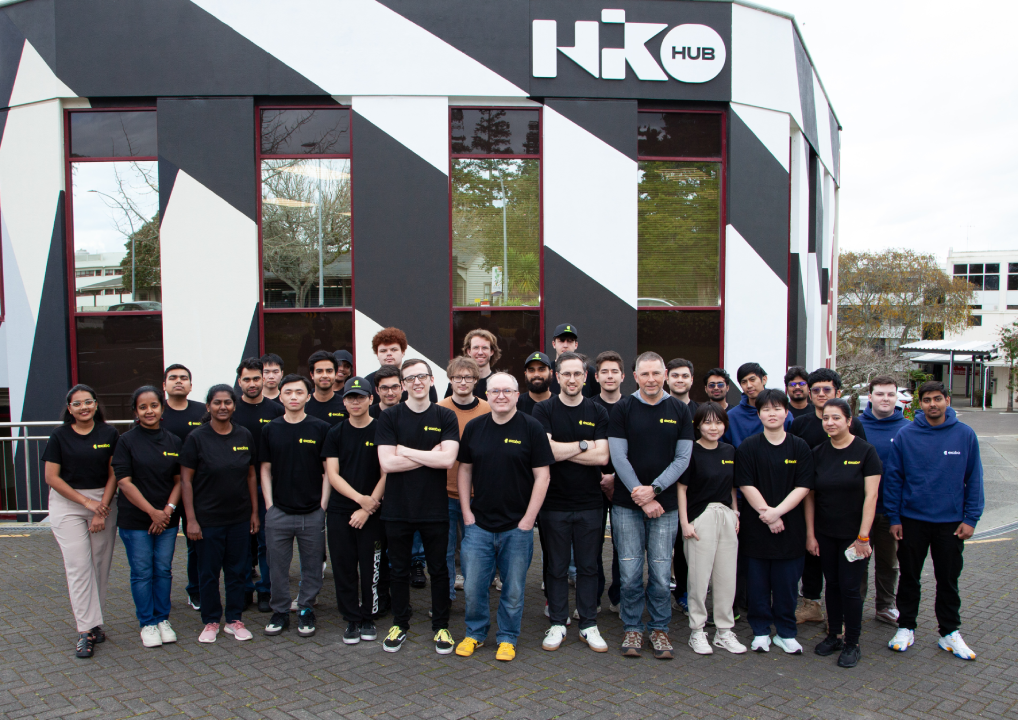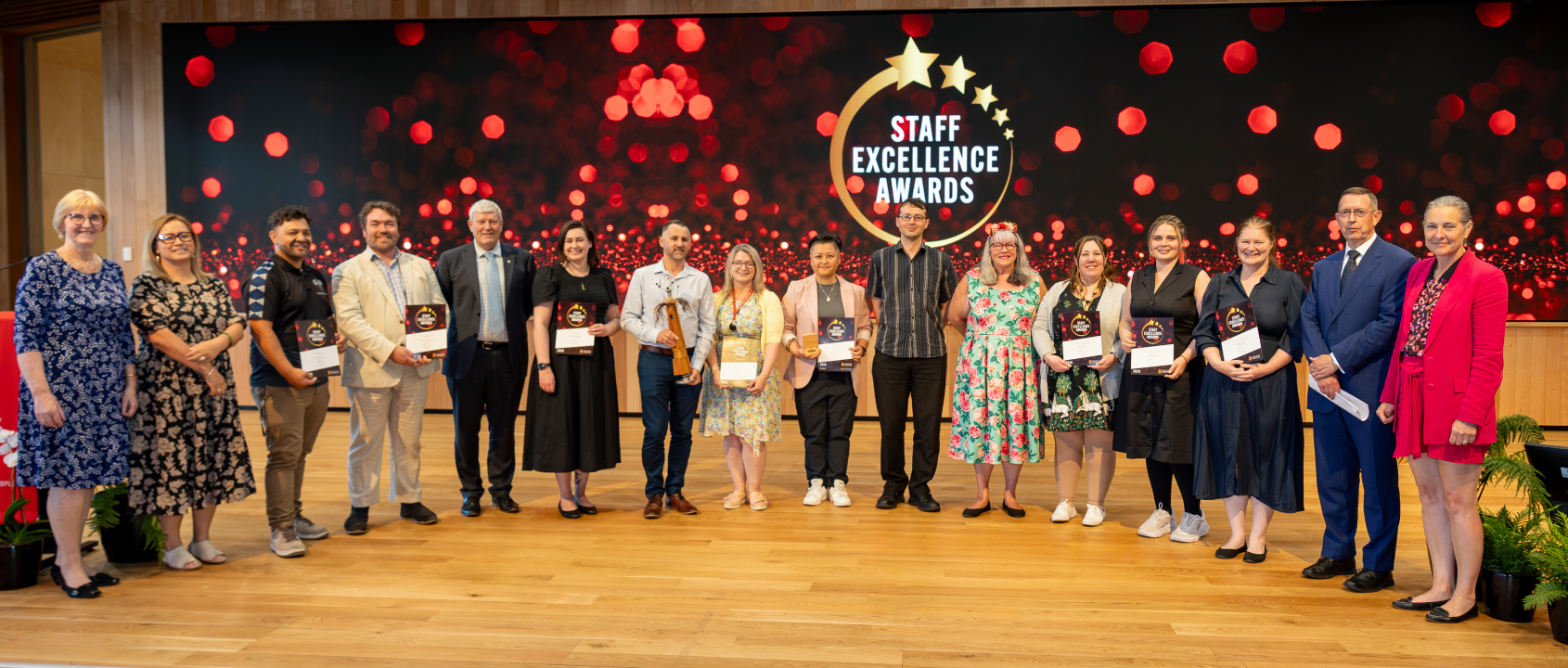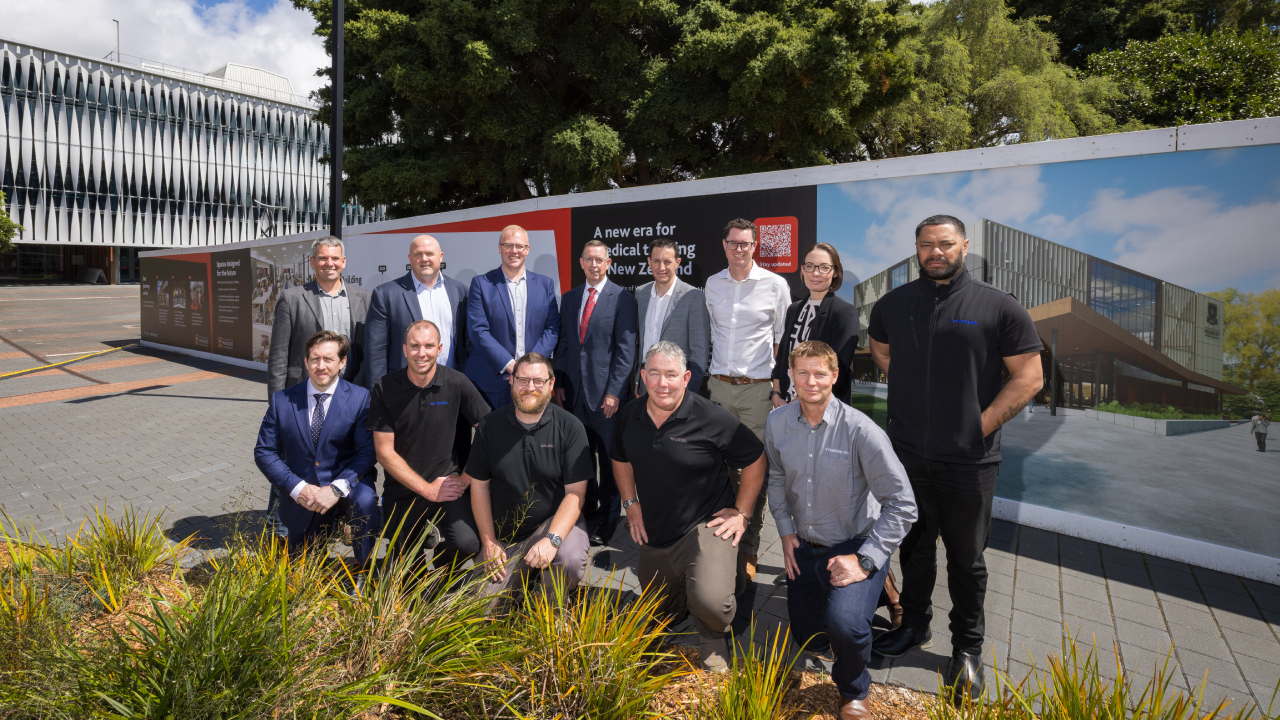A national research institute based at the University of Waikato responsible for understanding New Zealand’s population and helping to shape our society’s future through its research has celebrated its 10th anniversary.
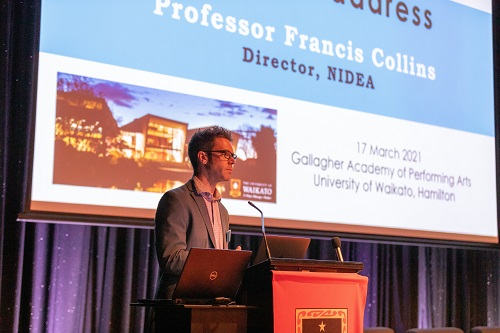
Professor Francis Collins
The National Institute of Demographic and Economic Analysis was launched in November 2010 as an extension of the University’s population and migration studies centres. Its establishment recognised the need for a national centre of research focused solely on understanding New Zealand’s population to help in planning for its future.
Institute director, Professor Francis Collins, said the institute’s core business has been providing vital research to inform both local and national policy makers and planners on topics ranging from how and where people live, to how we address our aging population, manage migration, or how we provide health services and operate our schools.
“As we reach our 10th anniversary those functions are still vital and relevant to informing responses to our changing population, but the institute has also become more focused on driving the critical conversations we need to have on the future of our population,” Professor Collins said.
He said as a national institute they had a responsibility to be at the forefront of leading challenging discussions as a nation. This included how we address racism in New Zealand to how we rethink technology use within our society from an indigenous perspective.
“There are significant challenges on the horizon for New Zealand from how our population is distributed and how we manage migration, to our current fertility rates and they are all interconnected,” he said.
For example, Professor Collins said current fertility rates in New Zealand had the potential to amplify societal inequalities in the future as Maori and Pacific Island populations grew significantly faster than other segments of our population.
“As our population rapidly changes it amplifies the need to address the existing societal inequalities we currently face. The research we carry out here at the institute is at the forefront of working with communities to provide both the information needed and drive the conversations around that,” he said.
The institute is playing a leading role in WERO, Working to Understand Racial Oppression, a government-funded research project focused on understanding how racism operates in Aotearoa.
“We are seeking to understand what the systems are that underpin racism in New Zealand, how we can go about addressing that and how we can alter the conditions under which racism happens in New Zealand. Part of the responsibility of being a national institute is about driving critical conversations and WERO is a good example of this in practice.”
He said the research was still in its early phase, but they have been granted $10 million over five years to carry out the work.
Another key project is Tikanga in Technology: Indigenous approaches to transforming data ecosystems. Led by associate professors Māui Hudson and Te Taka Keegan, and Professor Tahu Kukutai, their research is developing data schemas, methods and tools to help Indigenous peoples realise sovereignty over their data in order to protect against data harms and generate wider benefits for their communities.
“Tikanga in Technology is not only looking at how we do demography differently or population studies differently with an indigenous lens, but it is also looking at who owns that indigenous data and how it is used for the benefit or detriment of indigenous populations.”
Professor Kukutai who is involved in that project gave the keynote address at the anniversary celebration speaking about the need for a holistic, intergenerational Te Ao Māori approach to addressing Aotearoa’s population challenges and opportunities: “What is the legacy that we wish to leave for our mokopuna’s mokopuna? That’s the long-term mindset that is desperately needed but is currently missing in discussions about population”. There were also panel sessions on the future of migration and regional population issues in the Waikato.
Professor Collins said the other major research project the institute was involved with is called CaDDANZ, Capturing the Diversity Dividend of Aotearoa New Zealand. This work is led by Professor Collins and investigates how Aotearoa New Zealand can better prepare for, capture and maximise the benefits of an increasingly diverse population.
“We’re extremely proud of all the work our researchers are involved in. Their work is at the forefront of helping to shape the future of New Zealand.”
